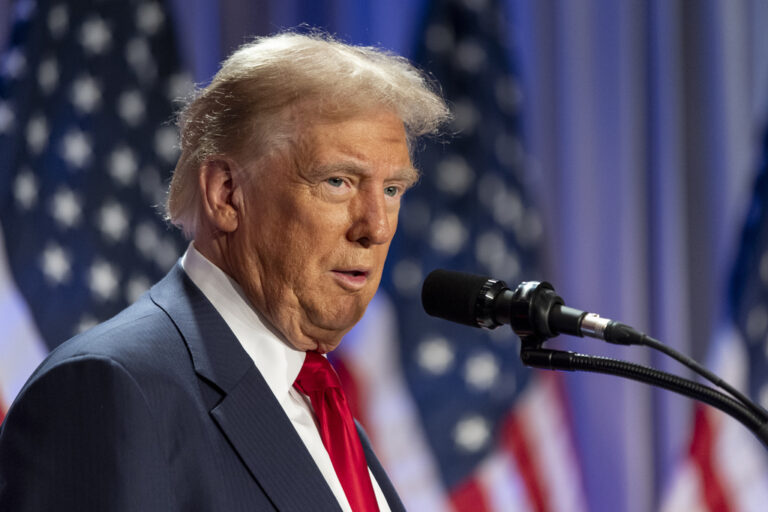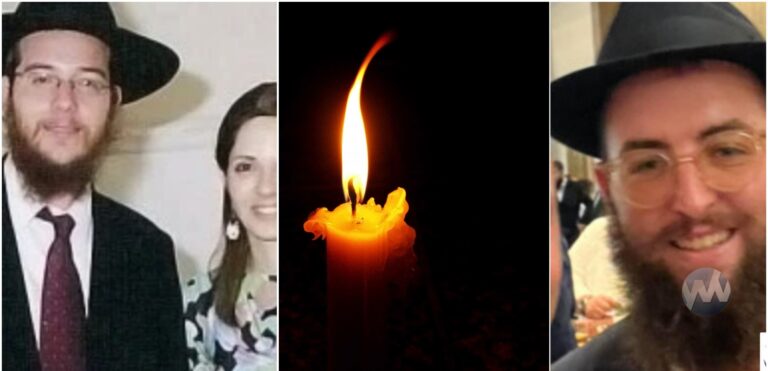 President Barack Obama pledged Sunday to redouble U.S. efforts to eliminate the Islamic State group and end the Syrian civil war that has fueled its rise, as world leaders struggled to offer concrete proposals for how to escalate the fight in the wake of the extremist group’s horrifying terror spree in Paris.
President Barack Obama pledged Sunday to redouble U.S. efforts to eliminate the Islamic State group and end the Syrian civil war that has fueled its rise, as world leaders struggled to offer concrete proposals for how to escalate the fight in the wake of the extremist group’s horrifying terror spree in Paris.
Opening two days of talks at a major summit in Turkey, Obama pledged solidarity with France in the effort to hunt down the perpetrators and bring them to justice. He said “the skies have been darkened” by the Paris attacks, but offered no details about what the U.S. or its coalition partners might do to step up its assault against the Islamic State group.
“The killing of innocent people, based on a twisted ideology, is an attack not just on France, not just on Turkey, but it’s an attack on the civilized world,” Obama said after meeting with Turkish President Recep Tayyip Erdogan. In addition to the Paris attacks, IS is blamed for two deadly bombings in Turkey this year.
The specter of the Islamic State threat and Syria’s civil war hanged over the Turkish seaside city of Antalya as Obama and other leaders descended for the Group of 20 summit meeting of leading rich and developing nations. Although the overlapping crises were already on the lineup for talks, they were thrust to the forefront by elaborately coordinated attacks that killed 129 in the French capital just two days earlier. It was the most destructive attack in the West blamed on the extremist group.
In a fresh reminder of the Islamic State’s expanding capacity to wreak havoc, five Turkish police officers were injured Sunday when a suicide bomber blew himself up during a police raid on a suspected IS hideout near the Syrian border. Turkish security forces also rounded up 20 suspected IS militants in and around Antalya in the run-up to the G-20.
Yet beyond sweeping condemnations of IS, leaders have yet to float new, specific proposals for intensifying the fight following the Paris attacks.
European Union leader Donald Tusk called on G-20 leaders to show “full determination” against terrorism and urged cooperation to prevent terror financing — a step that nations have already been pursuing for more than a year. Obama, asked whether he would consider additional action against IS, wouldn’t tip his hand.
Obama’s meeting with Erdogan came at the start of a 9-day trip to Turkey, the Philippines and Malaysia that has already been largely overshadowed by the Paris attacks and two related issues: Syria’s civil war and the resulting migrant crisis. Obama said the U.S. stands with Turkey and Europe in the effort to reduce the flow of migrants, and Erdogan predicted a “strong message” on fighting terrorism would emerge from the summit.
“This terror attack was not just against the French people, it was against the whole of humanity,” Erdogan said. The summit’s host, Erdogan is fresh off his party’s impressive victory in Turkey’s recent elections, but his relations with Obama have been strained over tactical disagreements about how to push Assad out of power in Syria.
The United States, along with coalition partners, has been bombing IS in Iraq and Syria for more than a year with limited success. Obama has been reluctant to get pulled deeper into the conflict and has ruled out a major U.S. ground offensive, although he recently authorized sending a few dozen special operations forces into Syria.
Other nations the U.S. views warily — like Iran and Syria — have also bombed IS, in a dizzying range of militaries piloting the skies above the Islamic State’s self-proclaimed caliphate. Cautious U.S. optimism about Russia’s involvement quickly soured when the U.S. determined Russian President Vladimir Putin was more focused on targeting rebel groups fighting Syrian President Bashar Assad’s government than defeating IS.
Putin and Obama, who are now on opposing sides of Syria’s bloody civil war, planned no formal sit-downs while in Antalya — just a few hundred miles from Turkey’s border with Syria. Yet they crossed paths briefly during a group photo, shaking hands and exchanging a few words.
“It’s only possible to deal with the terror threat and help millions of people who lost their homes by combining efforts of the entire global community,” Putin said earlier.
Obama also scheduled a meeting Sunday with King Salman of Saudi Arabia, a majority Sunni nation that opposes Assad and is deeply skeptical of Iran’s involvement in any solution to the conflict.
One option that emerged in the wake of Friday’s attacks was the possibility of France asking for help from its NATO allies. Only once in its 66-year-history — after 9/11 — has NATO’s communal defense obligation been invoked.
Shrouding deliberations about the Islamic State were diplomatic maneuverings over a new plan to wind down Syria’s long-raging civil war. The proposal, discussed over the weekend by foreign ministers in Vienna, appears based largely on a Russian initiative, and envisions negotiations between Assad’s government and opposition groups starting by Jan. 1.
But hopes for a major breakthrough were softened by gaping, open questions about the proposal — such as Assad’s future and the list of opposition groups to be deemed terrorists and barred from participating.
Although the IS threat promised to dominate this year’s G-20 summit, the agenda also included efforts to hasten global economic growth, with a particular focus on addressing the effect that China’s economic slowdown is having on other nations.
(AP)











5 Responses
Sounds good, except that double a 25 percent effort is still only 50 percent.
This president has done nothing but make things worse, so now he is promising double that. Thanks for your help, but no thanks!
0X2=0
Maybe they will drop off some boots
Big talker, his foreign policy sucks!